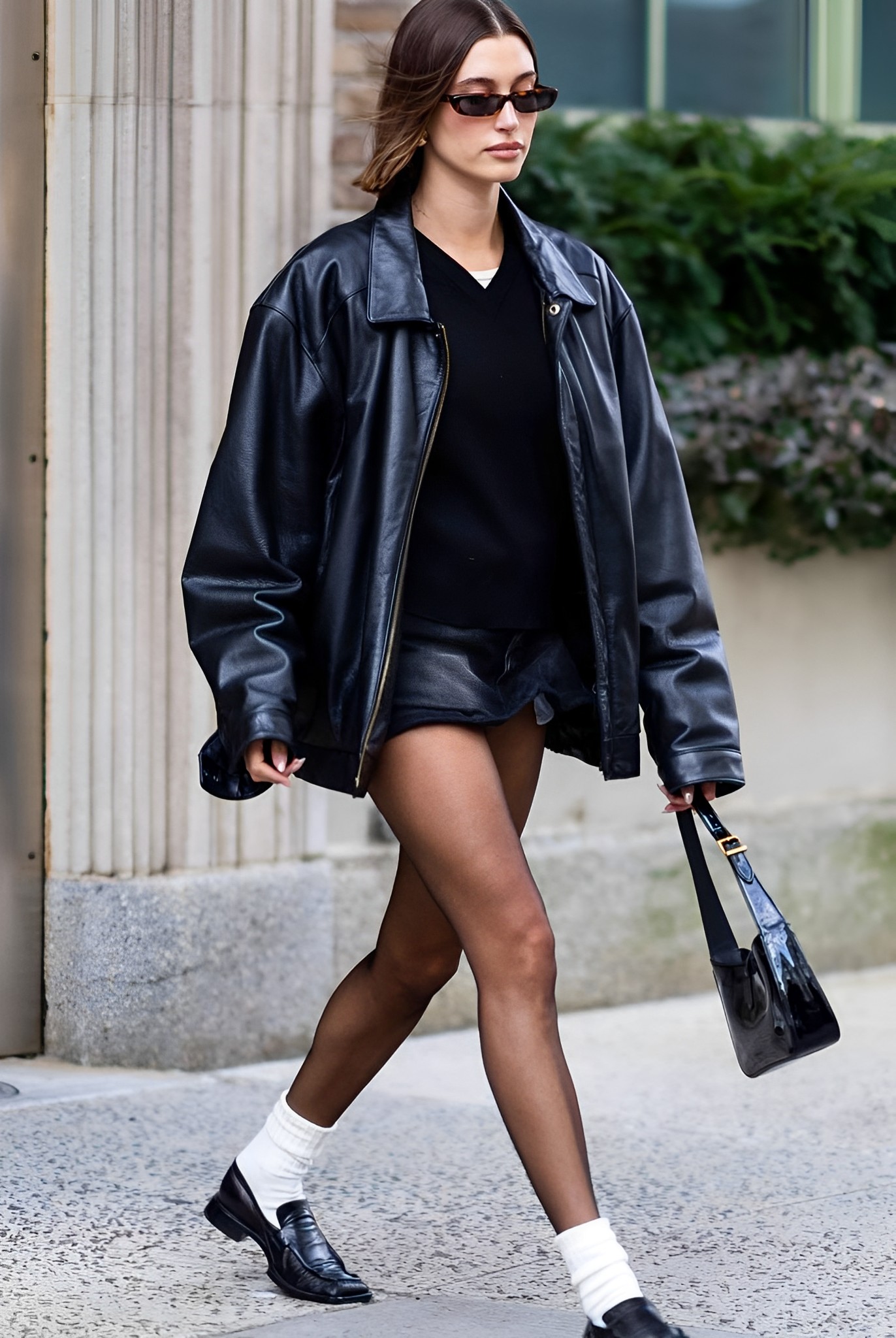
No Fashion Style: Embracing Individuality in a Conventional World
In a world dominated by ever-changing fashion trends, a counter-movement has emerged, challenging the norms and advocating for a unique approach to personal style. “No fashion style,” as it is aptly called, represents a departure from conventional fashion Fashionsite.us/ norms, emphasizing simplicity, comfort, and individuality. This article delves into the roots of this movement, its characteristics, impact on the fashion industry, and how individuals can embrace it as a form of self-expression.
I. Introduction
A. Definition of “no fashion style”
Fashion has long been associated with trends, dictated by the seasons and industry influencers. However, the concept of “no fashion style” challenges this status quo by advocating for a more personal and individualized approach to clothing choices.
B. Evolution of fashion trends
Over the years, fashion trends have evolved rapidly, reflecting societal changes and cultural shifts. From the extravagant styles of the 80s to the minimalism of the 2000s, fashion has been a dynamic force. The emergence of “no fashion style” signals a desire for a more timeless and personal connection to clothing.
C. Emergence of the “no fashion style” concept
The roots of the “no fashion style” movement can be traced to various anti-fashion movements in history. The philosophy rejects the idea of following trends blindly and encourages individuals to embrace their unique preferences without succumbing to societal pressures.
II. Breaking Down “No Fashion Style”
A. The essence of simplicity
At its core, “no fashion style” embraces simplicity. It is about stripping away the unnecessary and focusing on what truly resonates with an individual. This minimalist approach challenges the idea that more is always better.
B. Rejecting conventional trends
Individuals adopting “no fashion style” consciously reject conventional trends. Instead of chasing the latest fashion fads, they prioritize timeless pieces that reflect their personality and values.
C. Embracing individuality
“No fashion style” celebrates individuality. It encourages people to express themselves through their clothing choices, breaking free from the mold of societal expectations. This emphasis on personal expression fosters a sense of authenticity in one’s style.
III. Historical Context
A. Antecedents of anti-fashion movements
The roots of “no fashion style” can be found in historical anti-fashion movements that emerged as reactions to the rigid norms of the fashion industry. Movements like punk and grunge paved the way for a more rebellious and individualistic approach to clothing.
B. Influences on the “no fashion style” philosophy
Various cultural and artistic movements have influenced the philosophy of “no fashion style.” The rejection of excess and the celebration of authenticity draw inspiration from art, literature, and counterculture.
C. Iconic figures and their impact
Certain iconic figures, known for their rejection of mainstream fashion, have played a pivotal role in popularizing the “no fashion style” philosophy. Their influence extends beyond clothing choices, shaping a mindset that values substance over superficial trends.
IV. Characteristics of No Fashion Style
A. Minimalism in clothing choices
“No fashion style” is characterized by a preference for minimalism. Wardrobes consist of versatile and timeless pieces that can be effortlessly mixed and matched, promoting a sense of ease and simplicity.
B. Emphasis on comfort and functionality
Unlike trends that prioritize aesthetics over comfort, “no fashion style” places a significant emphasis on clothing that feels good and serves a purpose. Comfort and functionality are key factors in the decision-making process.
C. Unconventional color palettes
Breaking away from traditional color norms, “no fashion style” encourages individuals to experiment with unconventional color palettes. This departure from the expected adds a unique and personal touch to one’s style.
V. The Influence on Modern Wardrobes
A. Integration into mainstream fashion
What was once considered a niche movement has gradually integrated into mainstream fashion. Designers and brands are recognizing the appeal of “no fashion style” and incorporating its principles into their collections.
B. Rise of sustainable and ethical fashion
The “no fashion style” movement aligns with the growing demand for sustainable and ethical fashion.


